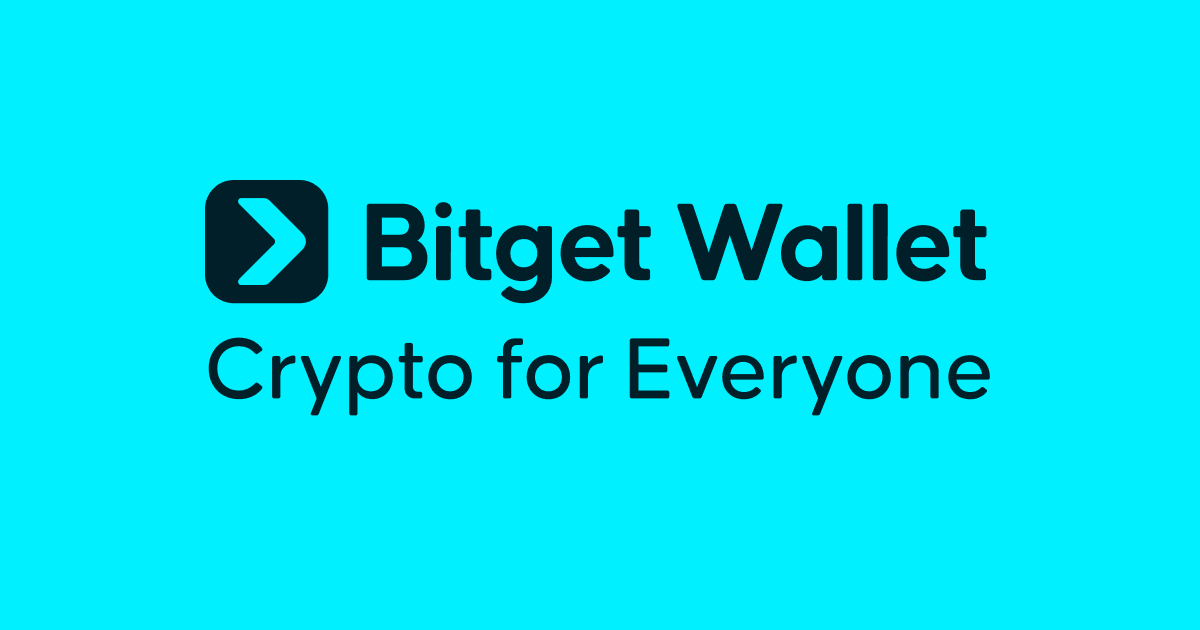The security of digital assets has become one of the defining issues in crypto adoption. With more than $80 billion in assets lost to exchange collapses, hacks, and poor custody practices in the last decade, the question of where to store crypto safely in 2026 remains critical.
Investors and everyday users alike are debating whether a self-custody wallet or an exchange wallet is the safer choice.
Both options present benefits and risks, and the answer is rarely one-size-fits-all. In this article, we break down the differences, highlight the evolving security landscape in 2026, and show how users can balance autonomy and convenience while keeping assets secure.
What is a Self-Custody Wallet?
A self-custody wallet, often referred to as a non-custodial wallet, allows users to hold their own private keys. In practice, this means the user—not a third party, has ultimate control over funds.
Key Features of Self-Custody Wallets
- Full Ownership: Users hold the seed phrase or private keys that control access to funds.
- Types of Wallets:
- Hot wallets: software-based, connected to the internet, and convenient for regular transactions.
- Hardware wallets: offline storage devices offering stronger protection against hacking.
- Enhanced Privacy: Typically no KYC or centralized monitoring.
Benefits
- Eliminates counterparty risk from centralized exchanges.
- Offers true ownership in line with the principle “not your keys, not your coins.”
- Greater privacy and autonomy, especially important for cross-chain DeFi participation.
Risks
- Loss of seed phrase or keys means permanent loss of funds.
- Higher personal responsibility for safeguarding backups and avoiding phishing scams.
Self-custody wallets are widely considered the most secure long-term option for crypto storage, but they also require technical literacy and discipline.
What is an Exchange Wallet?
An exchange wallet is a custodial wallet operated by a centralized trading platform. Users deposit crypto, but the exchange manages private keys and grants access through a platform account.
Key Features of Exchange Wallets
- Convenience: Immediate integration with trading pairs, liquidity pools, and fiat gateways.
- Recovery Options: Password resets and customer support assist users who lose access.
- Security Measures: Exchanges employ cold storage, multi-signature, and insurance funds, though effectiveness varies.
Benefits
- Ideal for frequent traders who need rapid access to liquidity.
- Easy onboarding for beginners through familiar app interfaces.
- Regulated exchanges may provide legal recourse or partial protection.
Risks
- Counterparty exposure: users must trust the platform to remain solvent and secure.
- Vulnerable to exchange hacks, withdrawal freezes, or regulatory crackdowns.
- Limited control: withdrawals may be paused during high volatility.
Exchange wallets are practical for short-term trading or transfers but pose greater long-term risks.
Self-Custody vs. Exchange Wallets: Key Differences in 2026
When weighing self-custody against exchange wallets in 2026, several critical factors emerge:
1. Security
- Self-Custody: No reliance on intermediaries; private keys remain solely in the user’s possession. Strong hardware wallets reduce cyberattack exposure.
- Exchange: Platform-level protections like cold storage exist, but centralized structures remain prime targets for hackers.
2. Control
- Self-Custody: Users retain sovereignty but assume all responsibility for key management.
- Exchange: Assets are controlled by the exchange, making users dependent on its operational stability.
3. Access and Liquidity
- Self-Custody: Transactions may require additional steps, such as connecting to decentralized apps.
- Exchange: Immediate access to trading pairs, liquidity pools, and fiat conversions.
4. Regulation and Privacy
- Self-Custody: Offers higher privacy, but without regulatory backing or recovery options.
- Exchange: Requires full KYC and AML compliance; easier for regulators to monitor.
5. Best Practices in 2026
Experts increasingly recommend a hybrid approach: store long-term holdings in self-custody wallets while maintaining active trading balances on regulated exchanges.
Protecting Your Assets with the Top Crypto Wallet
For users seeking balance in 2026, a top crypto wallet like Bitget Wallet provides advanced self-custody security while still offering seamless access to trading features across 130+ blockchains.
With support for over 1 million tokens and integrated PayFi payments through Mastercard and Visa, it is designed to meet both long-term and active-use needs.
Explore Bitget Wallet to experience secure storage and fast trading in one app.
What’s Safer for Your Crypto in 2026?
The question of safety is nuanced. Neither self-custody nor exchange wallets are risk-free, but their suitability depends on user goals.
- Long-term holders: Safer with self-custody solutions, ideally hardware-based.
- Active traders: More convenient with exchange wallets but must accept custodial risk.
- Everyday users: Should consider splitting holdings, safeguarding long-term reserves in self-custody while leaving only operational balances on exchanges.
Ultimately, the safest option combines education, discipline, and diversification of storage methods.
How Bitget Wallet Combines the Best of Both Worlds?
Bitget Wallet is designed to merge the independence of self-custody with the ease of use of exchange wallets.
- Secure Stablecoin Storage: Manage USDT, USDC, and other stablecoins in a non-custodial vault.
- Hot Memecoin Trading: Be among the first to trade trending memecoins.
- Seamless Cross-Chain Support: Access 130+ blockchains and over 1 million tokens.
- Daily Payments with PayFi: Spend crypto globally using Mastercard or Visa, directly from your wallet.
With over 80 million global users, Bitget Wallet represents one of the most trusted non-custodial solutions in the market today.
Conclusion: Choosing the Right Wallet in 2026
Crypto ownership requires careful consideration of custody methods. Self-custody offers sovereignty and long-term security, while exchange wallets provide trading convenience and easier access. For most users, a blended strategy, self-custody for storage and exchanges for activity, delivers the best protection.
Secure your stablecoins, trade trending memecoins, and explore Web3 without limits. Download Bitget Wallet today and take full control of your crypto in 2026.

